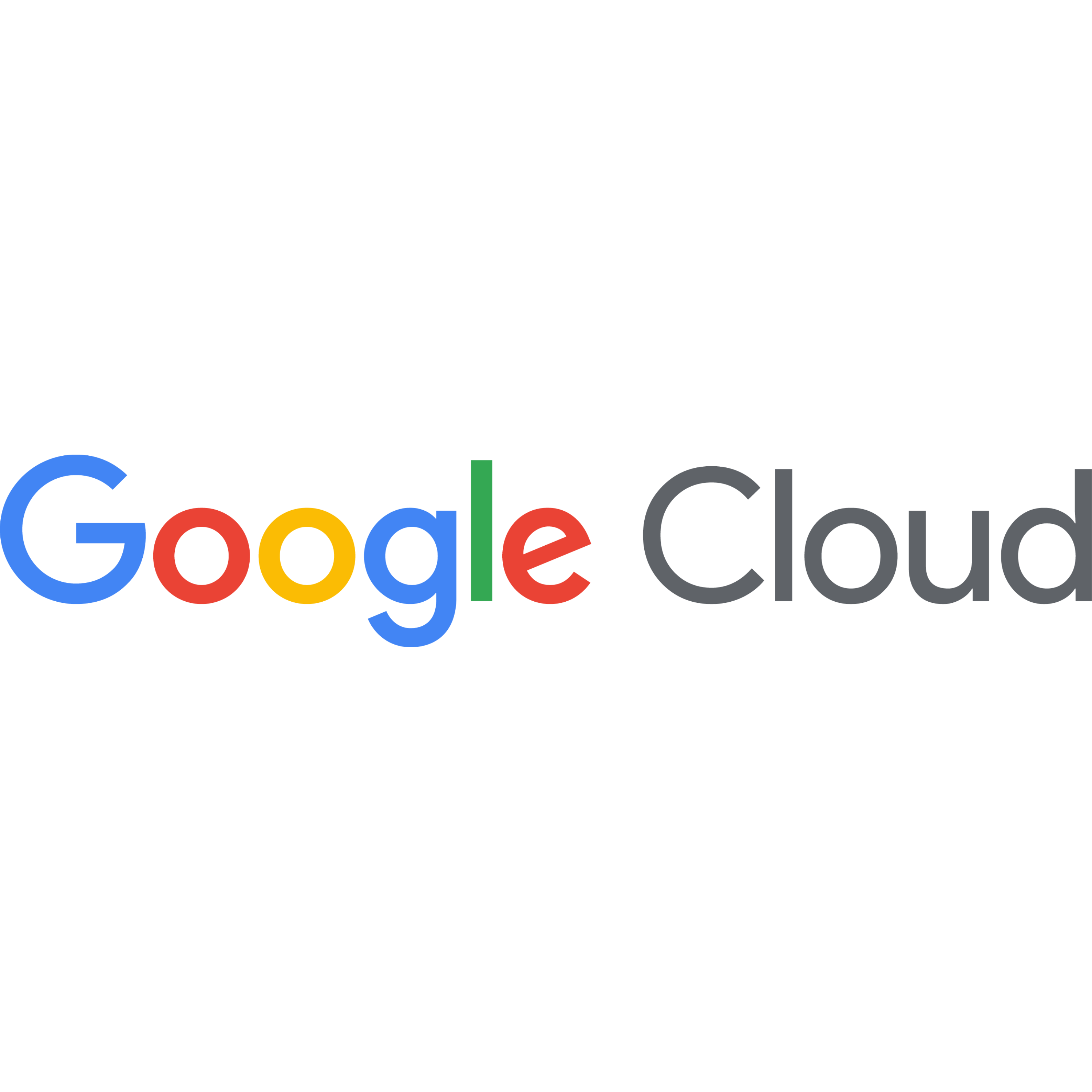
Welcome to this exclusive interview with Thomas Kurian, CEO of Google Cloud, as part of the Acceleration Economy Cloud Wars Top 10 CEO Outlook 2024 series. Kurian met with Bob Evans to speak on a range of topics including customer support, AI, and partnerships.
Highlights
Defining a Successful Quarter (00:52)
Google Cloud recently reported strong quarterly results, which Kurian said reflects the optimism of customers who use its technology. Its revenues and customer growth have been strong because leading companies are turning to Google Cloud to start projects at a significant scale, considering what it offers in terms of cloud, artificial intelligence (AI), cybersecurity, and other capabilities.

Register for Acceleration Economy’s Cloud Wars CEO Outlook 2024 Course, now available. Featuring exclusive interviews on strategy, AI, and customers with the CEOs of Cloud Wars Top 10 companies.
Google Cloud brings all of these technologies together and simplifies them for its customers to enable them to operate faster. “Success is reflective of the trust that customers are placing with us as providing the foundation for innovation,” Kurian says.
Advancing Business Outcomes with AI (02:15)
With all the discussion around what AI is and isn’t, Kurian defines four functions of how customers are using the technology:
- Transforming how they serve and engage with their customers
- Increasing efficiency
- Providing magical experiences and functionalities for consumers around the world
- Increasing productivity
Google Cloud has grown five times in five years; it’s the fourth-largest enterprise software company in the world on a standalone basis. Kurian defines three principles that have contributed to this growth:
- Creating and inventing technology that customers will need to help them get where they need to go
- Keeping a strong, customer-centric focus in the way the technology is delivered
- Ensuring that you’re making the pie larger for everyone, including by working with the partner ecosystem
Transformative Capabilities of Gemini (08:40)
Google Cloud has had a goal to build an AI system and model that behaves, thinks, and has the skills of human beings. As part of that goal, the company also aims to make that available to people in two different ways: either as an API or through a collection of agents that capture the capabilities of these models to assist users.
Ask Cloud Wars AI Agent about this analysis
Gemini is the first model that allows reasoning across various modes of information at the same time. Kurian compares it to a movie: You don’t read captions, process the audio, and process the visuals separately. It all happens at once. So, for example, in healthcare, Gemini connects electronic health records (text), X-rays (images), and educational videos for personalized patient interaction. Businesses can enhance a wide range of functions and use cases through Gemini.
Collaborative AI Partnerships and Integration Strategies (15:23)
When it comes to AI, customer confidence is key and partnerships are important in gaining that confidence. Google Cloud has trained many systems integrators and is collaborating with field service enablement and telecommunications to use GenAI for enhanced productivity. This approach assures customers that solutions are repeatable. Integrating AI into familiar workflows is essential. Google Cloud itself leverages AI internally for functions such as predicting cash flow, supporting human resources, marketing, sales, and customer service.
Embedding AI (17:25)
Google Cloud is helping independent software vendors embed AI into their offerings. An example is its work with Salesforce, integrating AI models for dynamic communications based on opportunity stages. The threefold AI strategy includes building solutions with system integrators, embedding technology with software vendors, and providing an open platform for widespread data access and model usage, emphasizing diversity with over 130 different models. Notably, its partnership with Hugging Face exemplifies expanding the ecosystem while simplifying AI adoption for a broader audience.
Customers and Cloud Commitments (19:57)
Kurian notes the company has to provide more value to help customers choose how best to adopt cloud technology. This includes extending cloud technology to places customers may not have considered before, an example being the company’s relationship with McDonald’s to bring edqe computing into their restaurants. Plus, Google Cloud has never “had a religion” about customers needing to use its cloud technology. Just as with the advent of cloud, if customers want to use AI, they don’t have to buy and manage a data center or a cluster of servers.
AI and Emerging Customer Requirements (24:19)
Kurian says the only person who chooses whether they want to work with Google Cloud or not is a customer and the company’s success is reflective of the trust that customers have in current products and future technology directions. The focus on future needs started with applying AI in programming and cybersecurity, querying data in the same way they can navigate the Internet using Google search. When Google acquired Mandiant, its objective was to help customers identify emerging threats and protect their data.










